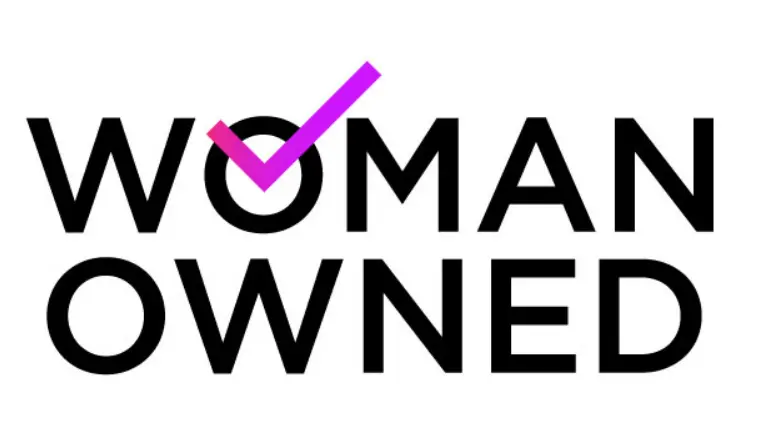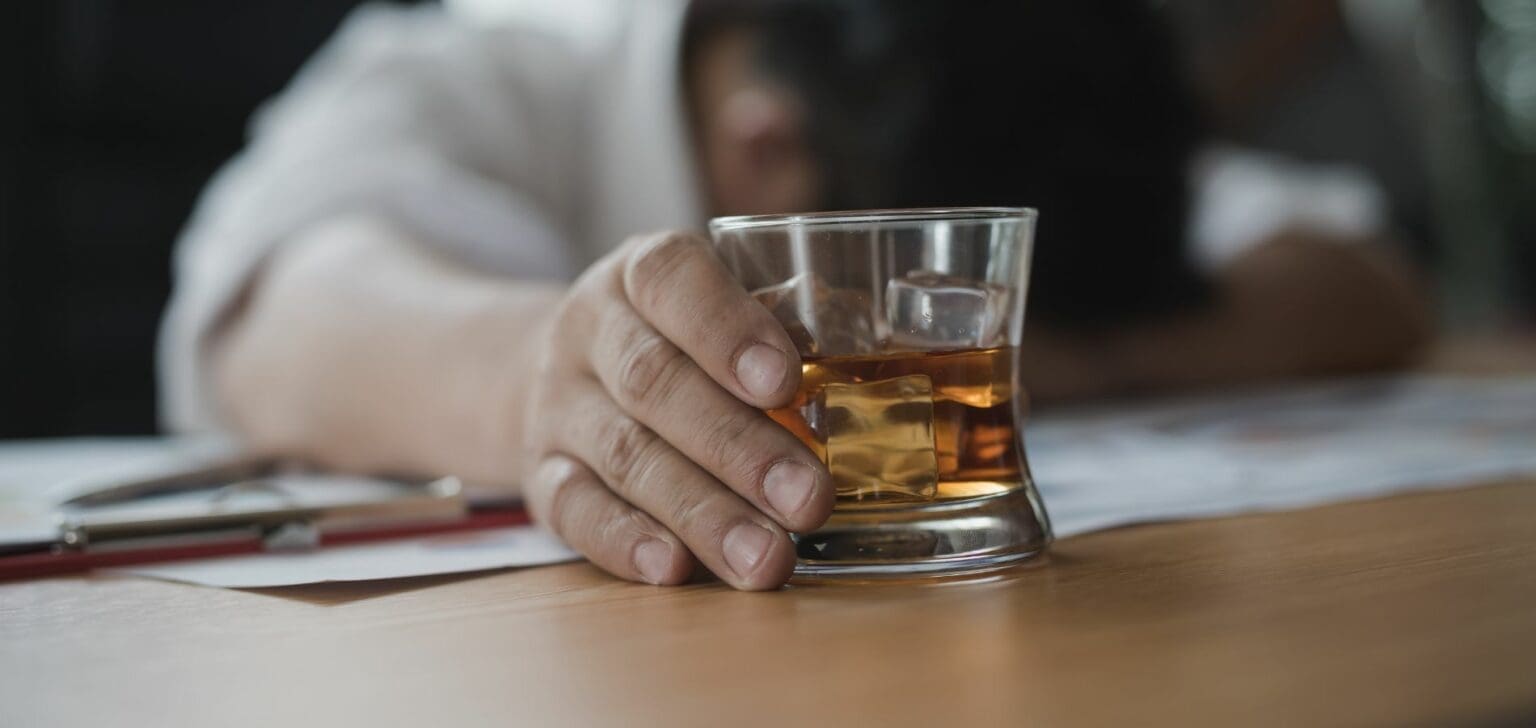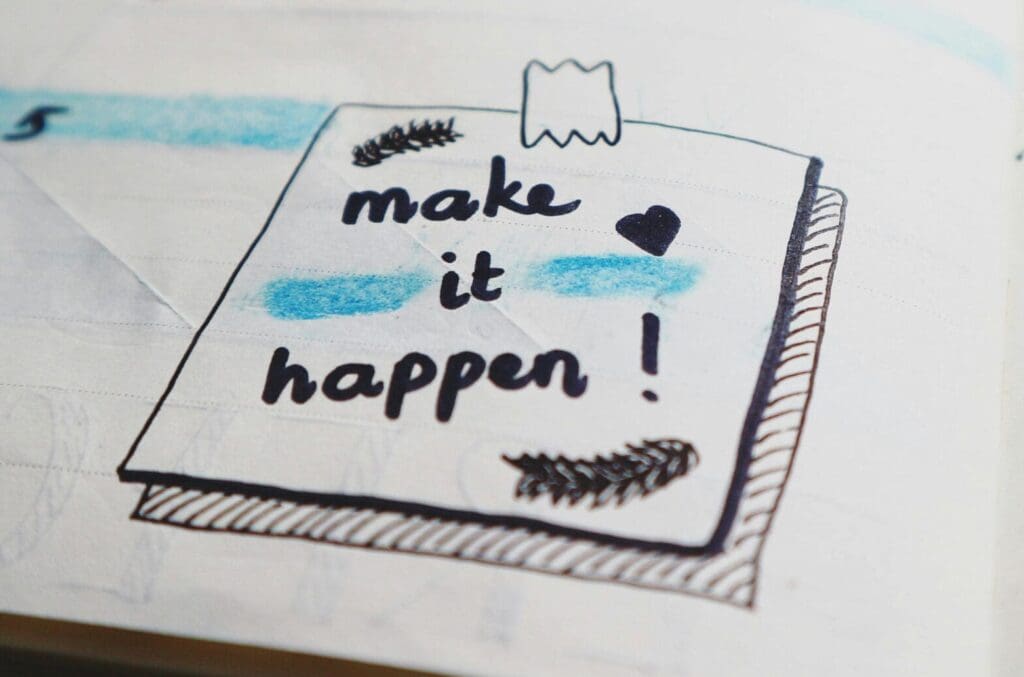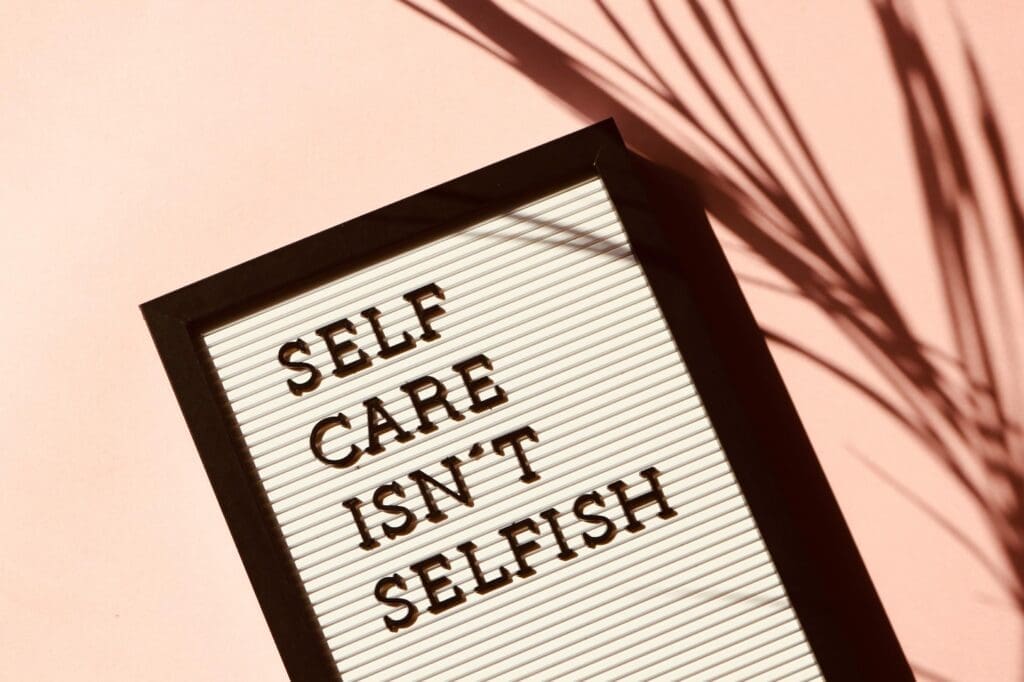Alcohol & Sleep: What Happens?
By: Alyssa Bombacino & Joelle Rabow Maletis
Did you know that alcohol slows down the central nervous system and affects the part of your brain responsible for emotional regulation? According to The National Council on Alcohol and Drug Dependence, It is estimated that 1 in 12 adults experiences problems with alcohol abuse or dependence (Horowitz & McIntosh, 2017). In recognition of Alcohol Awareness Month, we wanted to talk about the ways in which alcohol can affect sleep and mental health. Since alcohol has the ability to disrupt our stress response and sleep quality/duration, early intervention and awareness of a drinking problem can be very crucial. Sleep and alcohol are closely related because alcohol is one of the most commonly used “over the counter” sleep aids (Thakkar, Sharma, & Sahota, 2015). There are many myths about how alcohol affects sleep, as well as many beliefs about how alcohol enhances sleep. However, alcohol actually reduces the quality of sleep by inhibiting the REM cycle. Keep reading to learn how alcohol disrupts sleep and why changing our drinking patterns is key to improving our mental and physical health.
We have three stages of sleep: light sleep, rapid eye movement (REM), and deep sleep. The sleep foundation shares that alcohol actually increases the suppression of REM sleep throughout the first two cycles of these stages (Pacheco, & Singh, 2023). Because alcohol causes brain activity to slow down, it has sedative effects that induce feelings of relaxation and sleepiness, but the excessive consumption of alcohol has been linked with poor sleep quality and duration, especially in excess (Pacheco, & Singh, 2023). Although these sedative effects are thought to enhance our sleep, they actually cause us to immediately fall into a deep sleep, which diminishes the quality and length of our brain waves during sleep.
Sleep quality can be affected by a number of factors: for example, drinking alcohol, drinking caffeinated beverages in the afternoon or evening, following an irregular morning/night routine, or working or doing other mentally demanding activities prior to/after going to bed can disturb our sleep (American Psychological Association). As sleep issues can greatly affect our health, it’s important that we treat them seriously. Sleep deprivation is linked to diseases such as Alzheimer’s, cardiovascular disease, strokes, and diabetes (Gartenberg). Within the USA, “it is estimated that societal costs of alcohol-related sleep disorders exceed $18 billion” (Thakkar, Sharma, & Sahota, 2015). People with alcohol use disorders commonly experience symptoms of insomnia, and studies have shown that alcohol use can exacerbate the symptoms of sleep apnea (Pacheco, & Singh, 2023). This is an issue because sleep disorders left untreated, can lead to an increased chance of developing even more concerning health issues such as heart disease, obesity, diabetes, and high blood pressure.
A 2011 Dutch Study observed people’s cortisol levels during the day and discovered that those who drink a large amount of alcohol (more than 3 drinks a day) had higher cortisol levels at night and in the morning, and had increased physiological reactions to stress (Horowitz & McIntosh, 2017). Therefore, a higher level of drinking was associated with a higher cortisol level i.e stress level. This means that despite alcohol’s ability to relieve pressure and stress in the moment, it actually exacerbates stress levels throughout the day, which can negatively impact our overall health, inhibit sleep, and even lead to the onset of insomnia. Additionally, when using alcohol as a coping mechanism, over time, more alcohol will be required to achieve the same calming effect, causing our stress levels to rise. According to the APA, stress is the leading cause of short-term sleep disturbances (American Psychological Association). Typically, our sleep problems tend to disappear after a stressful situation passes, however, if our stress hormone (cortisol) is staying at an increased level and our sleep problems are not being addressed properly, these short term-problems such as insomnia can persist long after the stress has passed (American Psychological Association). Researchers have found that, “Alcoholics, both during drinking periods and during abstinences, suffer from a multitude of sleep disruptions manifested by profound insomnia, excessive daytime sleepiness, and altered sleep architecture” (Thakkar, Sharma, & Sahota, 2015).
Our circadian rhythm (sleep & wake pattern) influences our energy levels throughout the day, and, therefore, it’s vital that we create healthy routines and schedule healthy activities before sleep and after we wake up in the morning (Gartenberg). Research shows that poor sleep can predispose us to making more risky decisions and it drains our ability to express empathy (Gartenberg). However, when we get quality sleep, we have increased resilience to stressors, improved coping skills, reduced stress and anxiety, improved decision making, and a reduced level of inflammation in the body. Why let alcohol get in the way of these amazing benefits? Given that our alcohol consumption and sleep quality can affect the state of our mental health, it can be beneficial to observe how we are doing in both of these areas in our lives. If you are having more than 3 drinks a day, it may be helpful to consider how you can reduce your stress levels and alcohol intake in order to improve your physical and mental health. We aim to help spread awareness by providing some tips below on ways you can identify a drinking problem and how you can seek help.
How To Know If Your Drinking Is a Problem:
Check your drinking using our interactive self-assessment!
Here are some other thoughts to consider. They are called “CAGE” questions- these questions can help you figure out if you feel “caged” by your alcohol or drug use.
Over the past year….
C– Have you ever felt that you should CUT down on your drinking or drug use?
A– Have people ANNOYED you by criticizing your drinking or drug use?
G– Have you ever felt bad or GUILTY about your drinking or drug use?
E– Have you ever had a drink or used a substance first thing in the morning to steady your nerves, or get rid of a hangover (i.e., is an EYE-OPENER)?
If you’re worried about your drinking, you’re not alone. There are many free resources and helplines where you receive anonymous or confidential help, so don’t be afraid to reach out. We provide a self-assessment below that you can use to assess your current intake and find out if alcohol consumption may be a problem for you. Additionally, there are helplines you can call for 24/7 anonymous help that we have included below.
What To Do if Alcohol or Drugs are Causing Problems
Getting help is really important if you really want to successfully cut back or stop drinking or using. We encourage you to get help even if you are not sure that you would be able to quit or are feeling guilty about the problem. Asking for help and support takes a great deal of courage and strength, but it greatly increases your odds in beating this problem.
Who to Contact for Help
Here are some sources you can contact for help with substance issues.
- Call a healthcare provider (for example, primary care doctor)
- Contact a psychologist or therapist
- Contact your local VA hospital
- Contact your local Alcoholics Anonymous or Narcotics Anonymous
- Contact a local mental health association
- Talk with a spiritual counselor
- Ask friends or family member who are clean and sober
Here are some useful websites that give more information about alcohol and drug use and how to get help.
Alcohol and Drug Abuse Information and Resources: http://www.alcoholanddrugabuse.com/blog/
Substance Abuse Treatment Facility Locator: https://findtreatment.samhsa.gov/
Alcoholics Anonymous Homepage: https://www.aa.org/information-about-meetings
Alcoholics Anonymous (AA) and the Armed Services: https://www.aa.org/aa-and-armed-services
You can reach us at (650)-386-6753 or info@joellerabowmaletis to share your comments, ask questions or schedule an appointment.
Resources
Brown & Crouppen. Underage Drinking and Its Dangers. Brown & Crouppen Law Firm. Retrieved April 25, 2023, from brownandcrouppen.com/underage-
Pacheco, D., & Singh, A. (2023, March 17). Alcohol and sleep. Sleep Foundation. Retrieved March 21, 2023, from https://www.sleepfoundation.org/nutrition/alcohol-and-sleep
(n.d.). Why sleep is important and what happens when you don’t get enough. American Psychological Association. Retrieved March 21, 2023, from https://www.apa.org/topics/sleep/why
Gartenberg, D. (n.d.). The brain benefits of deep sleep — and how to get more of it. [Video].| TED Talk. https://www.ted.com/talks/dan_gartenberg_the_brain_benefits_of_deep_sleep_and_how_to_get_more_of_it?user_email_address=821eaa3170b60e2ee60ce49ddcba000b.
Thakkar, M. M., Sharma, R., & Sahota, P. (2015). Alcohol disrupts sleep homeostasis. Alcohol, 49(4), 299–310. https://doi.org/10.1016/j.alcohol.2014.07.019
Horowitz, J., & McIntosh, D. (2017). Chapter 3: Stress In The Moment. In The psychology of managing pressure: Practical strategies to turn pressure into positive energy (pp. 138–139). DK.




